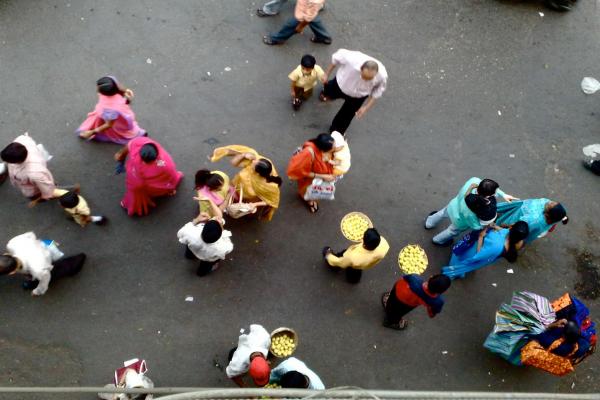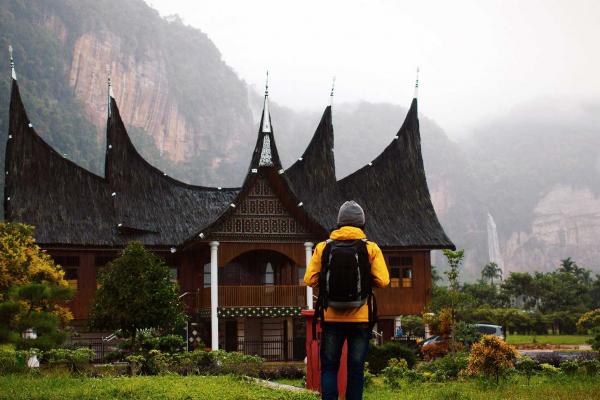Every expat in Kabul is familiar with the demoralizing frustration of an afternoon stuck in traffic. Each minute spent in gridlock can seem a gruelling test of mental endurance. Some try to combat their irritation with a bit of meditation, hoping to transcend the physical captivity. But time and time again this search for higher meaning is interrupted by an endless procession of children wanting money and often offering goods in return.
Over the course of two months working and living in this strange and bewitching city, few things have aroused my curiosity more than the street children who peddle tin cans of smoke to helpless passengers in transit. Generic, charred tin cans hang awkwardly from rusted handles that resemble bent clothes hangers, smoke rising from within. It is hard to imagine what the smouldering contents might be, and what purpose might warrant their purchase. Hash, tea, or some sort of herbal decongestant? I decided to get to the bottom of it, and asked one of the smoke peddlers if I could take him out for lunch.
Wahidullah is an eleven-year-old boy. He is just one of many children out every day peddling ‘spand’ to people stuck in traffic. As one who sells spand, he is referred to by Afghans as ‘spandi’. Spand is a herb found in markets across Afghanistan. When burned, the smoke produced is believed to invoke a force capable of warding off misfortune and evil spirits. No one seems to know when or where this belief originated. But having nothing to do with Islam, the practice can probably be traced to the early Afghan tribalism that revolved around animism and ancestor worship. There are no rules about when this ritual should be performed, but it is often done after a premonition or following a funeral. For the majority of Afghans who engage in the burning of spand, the ritual is carried out at home and can be performed alone. The ‘spandi’ that roam Kabul’s streets are not clerics or qualified spiritual practitioners. These are children who are in desperate need of money to bring home to their families. They prey on the superstitions that are deeply rooted in the collective psyche of the Afghan people.
After his father died of a heart attack, Wahidullah needed to find a means to provide for his family at the young age of seven. He shares a two-room rental house with his mother and four younger siblings. They live without electricity, heat, or running water. For the last four years, he has been peddling spand on the congested streets of Kabul. As a student in grade three, he does this before and after school and on holidays. For Wahidullah this is a full time, 365 day-per-year job. On a given day he may receive between 10 and 70 Afghanis. To most expats, the difference between 10 and 70 Afghanis barely registers. To Wahidullah, the difference between bringing home 10 Afghanis or 50 Afghanis is the difference between providing his mother and four younger siblings with a meal of bread and beans.
When asked what he would wish for if he could have three wishes granted, Wahidullah said he would use the first wish to buy a big house for his family with lots of food inside. His second wish is to be a great doctor who can help many people. His final wish is to travel outside of Afghanistan.
When Wahidullah is not out selling spand, he is at home studying—trying to better himself to find a way out of poverty. He is, quite proudly, at the top of his class in all subjects and he has a keen interest in poetry. Wahidullah’s reason for getting out of bed each morning is to provide for his family and to realize his dream of becoming a doctor. If he continues to excel in school he will have the opportunity to attend secondary school and eventually medical school—which is currently paid for by the state. It is uncertain, however, whether he will ultimately be able to meet the increasing demands of school if he must spend the vast majority of his extra-curricular hours working the traffic-bloated streets of Kabul in the role of ‘spandi’.
Add this article to your reading list



